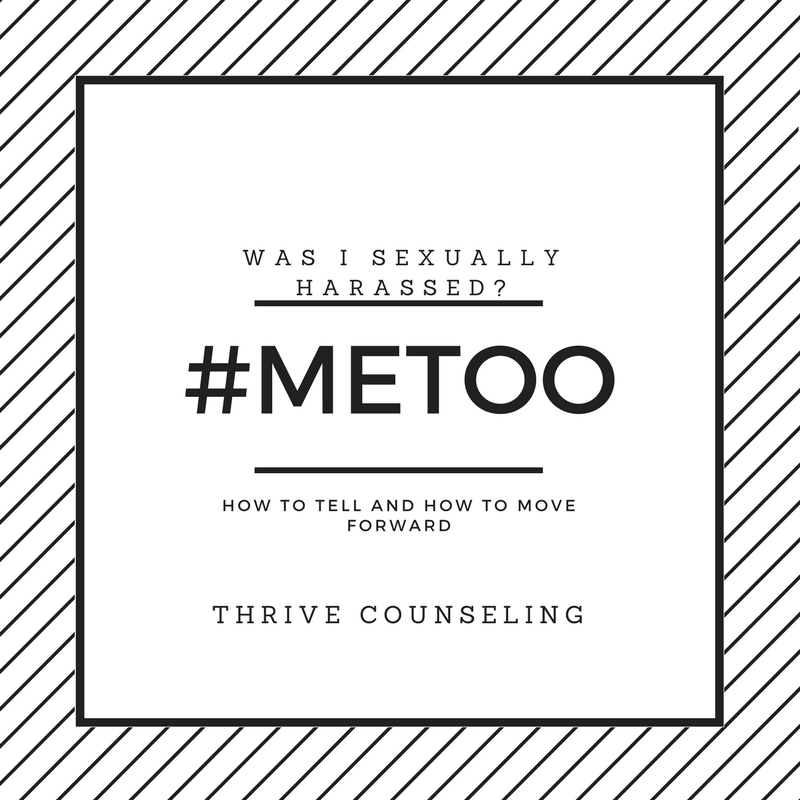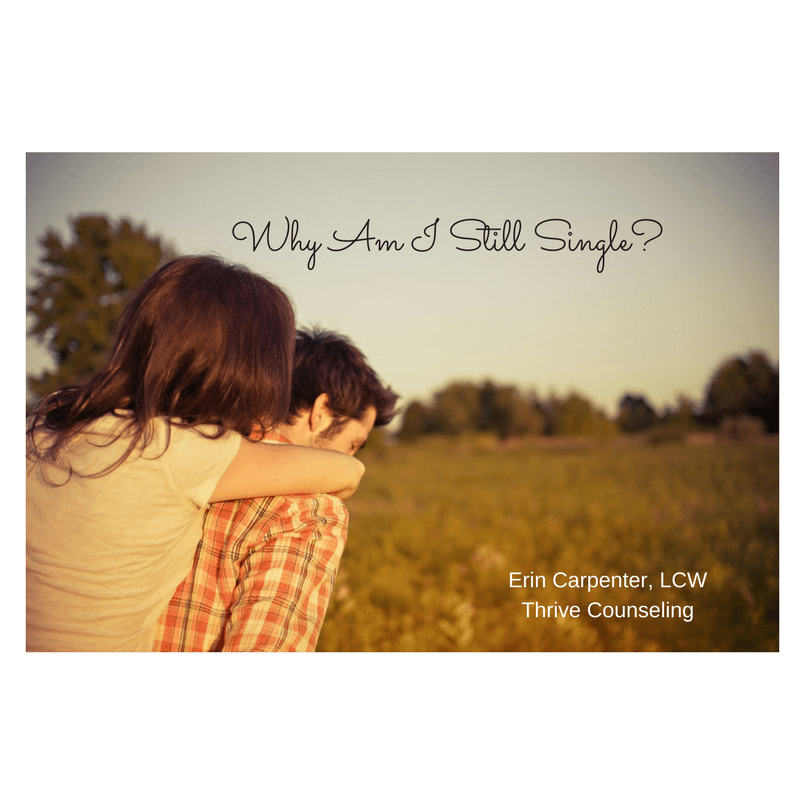
Was I Sexually Harassed? How to Tell and How to Move Forward
The Effects of Sexual Harassment, and How To Moved Forward if You Were Harassed at Work. There’s big news going around about the predatory behavior of Harvey Weinstein. Multitudes of women has come forward about being harassed by him and having their boundaries violated. Unfortunately, sexual harassment is really, really common. Just look through you Facebook and Instagram feed and see your friends saying #metoo. What Does Sexual Harassment Look Like? Sexual harassment is unwelcome sexual conduct that interferes with one’s job and creates a hostile work environment. It can occur as either a single isolated incident or repeated incidents over time (often escalating in severity as the harasser learns he or she can ‘get away with it.’) Sexual harassment includes: Showing or bringing in offensive materials into the workplace (like sharing links or videos that are sexual in nature, or targeted at someone in particular) Sexual comments like pickup lines or comments about your body or physical appearance Inappropriate touching (there’s really never a reason to touch a co-worker) Here’s the thing about sexual harassment, it’s often cloaked in the form of a joke, and therefore it’s sometimes hard for victims to ascribe malicious intent to the harassment. But the intent is not the issue; if the effect of a joke or comment or action makes you go ‘eew’, feel uncomfortable and not safe in your workplace, then that’s harassment. How To Move Forward if You Were Harassed At Work If this has happened to you (which, odds are, it has), here’s some things to do to move forward, heal, and continue to succeed at your job: Report it I know this is a hard one. There’s lots of power dynamics in workplaces, and lots of gendered narratives about sexual harassment at work. It’s hard to feel like you can make in-roads with the ‘all-boys club’ if you are pointing out inappropriate behavior. You might feel like you’ll lose your job or a future promotion if you report it. But this toxic culture of the workplace needs to stop, and if HR departments all over the country received a flood of reports, then they would be forced to make a change. Name what happened to you, and know that you’re not alone. Sexual harassment can be hard to pin down. We minimize it a lot. We think ‘well he was just joking’ or ‘he wasn’t really talking about me.’ But if you feel really uncomfortable deep down, if you have that ‘ick’ factor about your workplace, that’s harassment. You are not alone. A recent survey found that 1 in 3 women reported being harassed at work (and about one-third reported it) Talk About It There’s something very healing about talking about difficult experiences. We get to process through what happened, and be supported by others.You can talk to a trusted friend, family member, or a counselor. It’s important to process what happened, move through those emotions, and let it rest in the past. Be Aware of Your Mental Health Being a victim of Sexual Harassment has been linked to increased risk of depression. If you’re feeling depressed, hopeless, or feel that you can’t stop thinking about the past, consider getting a professional evaluation of you mental health so that you can get the help that you need. I’ve worked with many clients who has experience sexual harassment, and at times even their workplace paid for their treatment.


